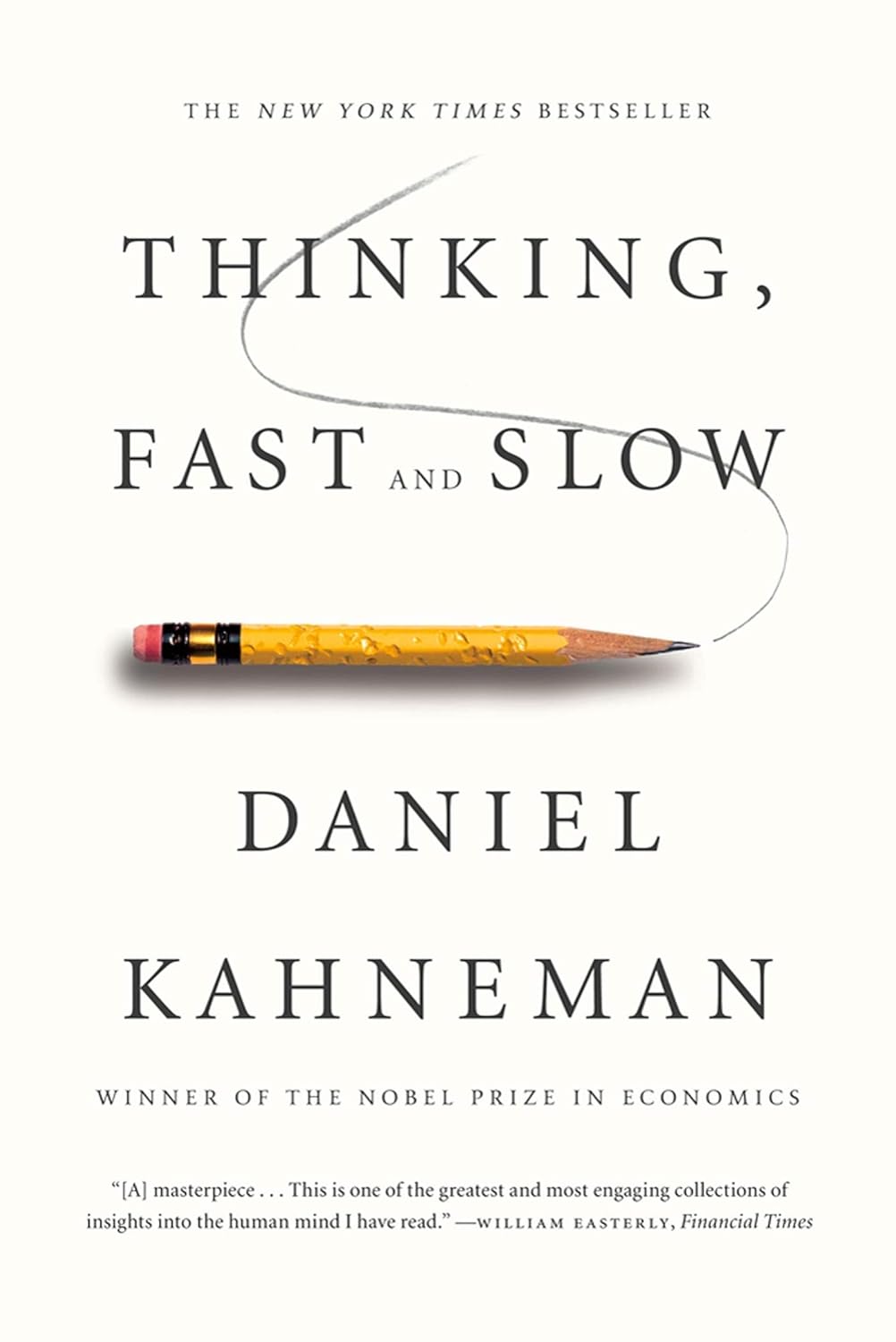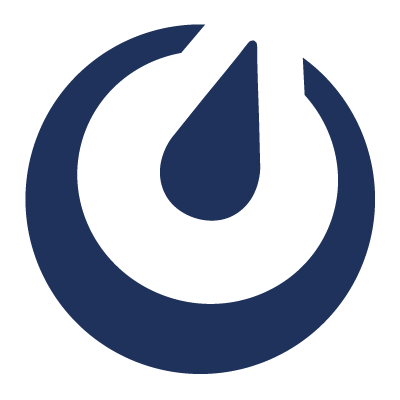Coaching and Discovery in Product. What High-Performing Teams Are Doing Differently [TPG Live Recap]
At our latest TPG Live roundtable, we brought together four leading voices in product coaching, discovery, and strategy. The conversation tackled two questions that are defining modern product leadership: If you are building product with a team right now, these challenges probably feel familiar. What we uncovered might change how you approach them forever. The […]
![Coaching and Discovery in Product. What High-Performing Teams Are Doing Differently [TPG Live Recap]](https://tpgblog.com/wp-content/uploads/2025/05/2025-05-08-thumbnail-action.png?#)
At our latest TPG Live roundtable, we brought together four leading voices in product coaching, discovery, and strategy. The conversation tackled two questions that are defining modern product leadership:
- How do you make coaching actually work inside product teams
- How do you embed discovery into everyday work without burning people out or wasting time
If you are building product with a team right now, these challenges probably feel familiar. What we uncovered might change how you approach them forever.
The Panelists
- Yasmin Desai – Principal Product Manager at VIOOH, angel investor, and startup operator
- Emma Castleton – Founder of Cast design strategy, with leadership roles at Sky, Verizon, and ServiceNow
- John Berger – Founder of Propelity.io, product and AI strategist for startups and enterprises
- Chantal Botana – Discovery coach and former product leader at IBM, Mews, and The Weather Channel
Highlights from the Roundtable
This month’s discussion explored two intertwined challenges. Here are the key takeaways organized by theme, focusing on what product teams need to understand and act on now.
Coaching in Product Teams
Coaching is only effective when its purpose is clear: When coaching is introduced without defined goals or structure, it creates confusion. Product teams respond best when coaching is positioned as a growth tool, not a fix for poor leadership or lack of clarity.
Internal and external coaching models serve different needs: Internal coaches offer company-specific context and trust. External coaches provide neutrality and outside perspective. Both can be effective, but only when matched to the team’s stage and situation.
Coaching should be tailored to team maturity: Early-career PMs may benefit from directive guidance, while experienced teams need reflective space to refine judgment and challenge assumptions. One-size-fits-all coaching often leads to disengagement or missed opportunities.
Coaching and management must remain distinct: Managers drive performance and business outcomes. Coaches support individual growth and mindset development. Blurring these roles weakens both.
Lasting coaching cultures require shared language and visible rituals: Coaching must show up in how the team communicates, reflects, and shares responsibility. When teams normalize reflection and learning, coaching becomes sustainable.
Continuous Discovery
Discovery should be part of the work, not an extra layer: When treated as a side activity, discovery is often rushed, deprioritized, or ignored. Teams that embed it into their delivery rhythm gain better alignment and faster insights.
Cross-functional participation improves outcomes: Involving engineering and design early in discovery fosters shared understanding and reduces rework. Discovery is not just a PM function. It works best when teams learn together.
Insight overload leads to fatigue: Collecting research is not the goal. Applying it is. When discovery does not inform decisions, it becomes a drain on team energy and trust.
AI can support discovery, but empathy drives it: Automated tools can assist with synthesis and pattern recognition, but they cannot replace the nuance and emotion of direct user conversations. The best teams combine speed with substance.
Discovery must be tracked, stored, and revisited: When insights are forgotten, duplicated, or disconnected from outcomes, teams miss patterns and repeat mistakes. A shared repository ensures knowledge compounds over time.
Watch the Full Roundtable









































































































![Building A Digital PR Strategy: 10 Essential Steps for Beginners [With Examples]](https://buzzsumo.com/wp-content/uploads/2023/09/Building-A-Digital-PR-Strategy-10-Essential-Steps-for-Beginners-With-Examples-bblog-masthead.jpg)





















































